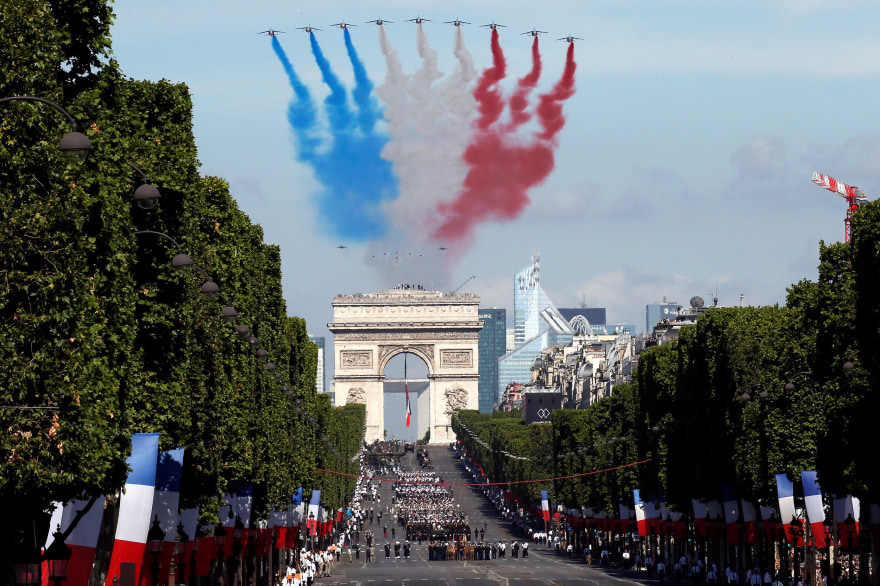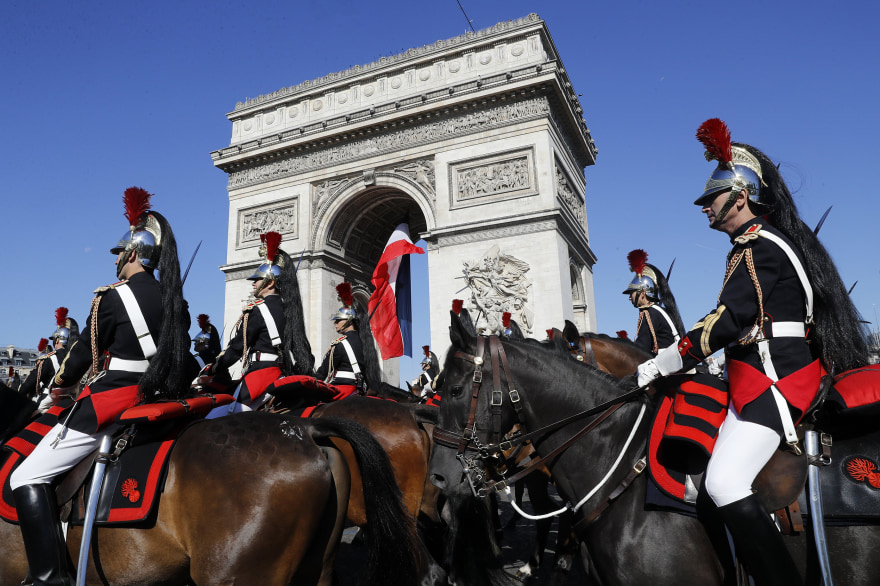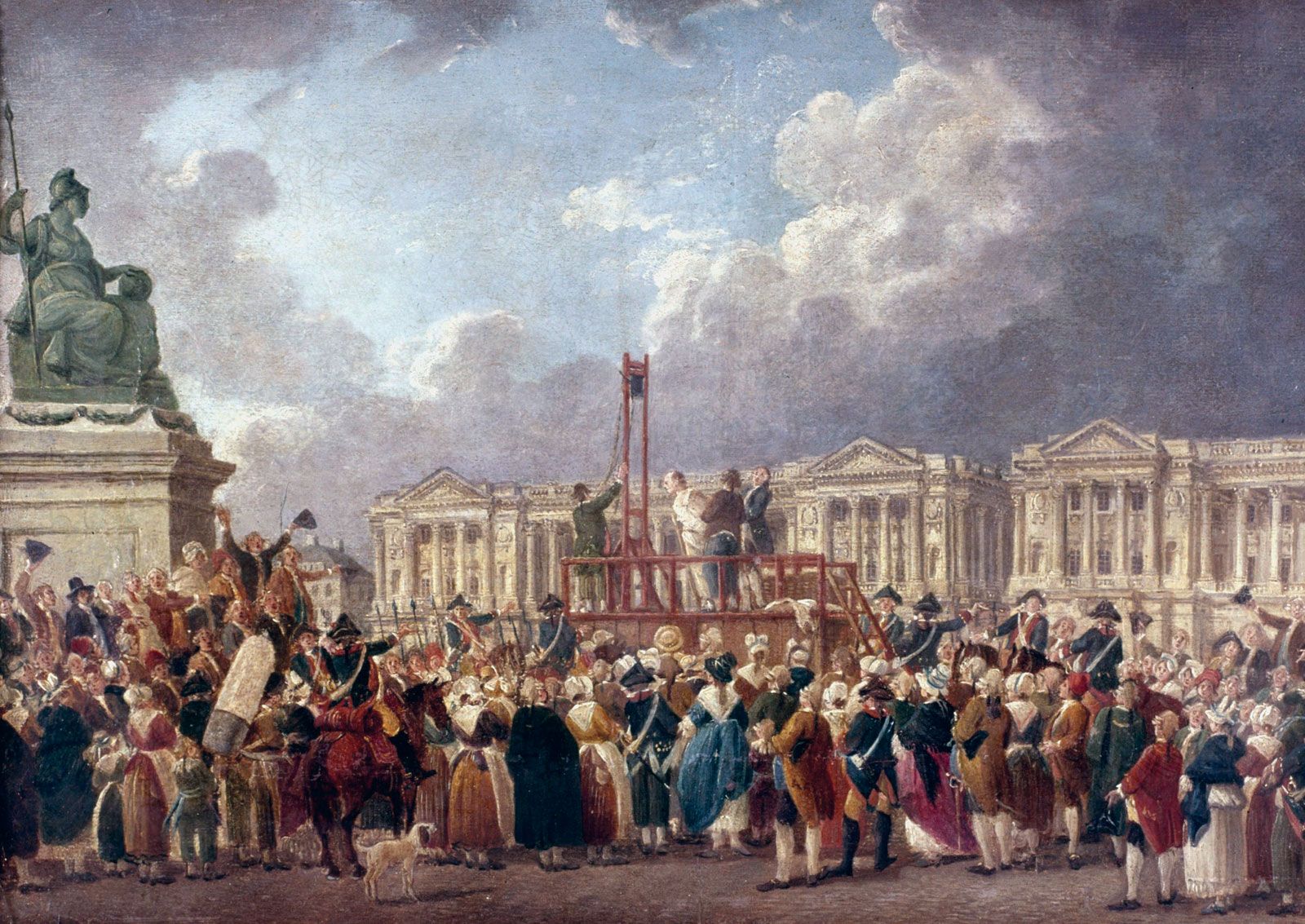Bastille Day: More Than Just Fireworks – A Deep Dive into Its History and Hidden Narratives
Introduction
When we think of Bastille Day, known in French as La Fête Nationale, what often comes to mind are the dazzling fireworks over the Eiffel Tower, vibrant parades along the Champs-Élysées, and the collective pride of French citizens celebrating liberty, equality, and fraternity.
But beneath the surface of the celebrations lies a layered and complex history, one that not only sparked the French Revolution but also shaped the trajectory of modern democracy. And surprisingly, there are facets of this historic day that many people overlook. Let’s unpack the significance of Bastille Day, and the lesser-known truths that make it even more intriguing.
What Exactly Is Bastille Day?
Every 14th of July, France commemorates the storming of the Bastille prison in 1789, a pivotal event that marked the start of the French Revolution. At the time, the Bastille was seen not only as a royal fortress but also a symbol of the monarchy’s abuse of power, especially its use of arbitrary imprisonment without trial.
While the prison held only seven inmates when it was stormed, the act was symbolic: it represented the people rising up against the tyranny of King Louis XVI and the ancien régime (old order).
 |
| Alpha jets from the French Air Force fly over the Champs-Elysees. Credit: Gonzalo Fuentes / Reuters |
A Dual Meaning Celebration
What many don’t realize is that Bastille Day also marks another key event: the Fête de la Fédération held exactly one year later, in 1790. This was a celebration of national unity, bringing together people from across France in a display of peace, healing, and hope after a turbulent year of revolution.
So, Bastille Day isn’t just about rebellion. It also honors the ideal of reconciliation and the potential for collective progress when people unite under shared values.
 |
| French Republican guards march in front of the Arc de Triomphe. Credit: Etienne Laurent / Pool via EPA |
The Symbolism of the Bastille: More Political Than Practical
The storming of the Bastille wasn’t a grand military victory, it was more psychological and symbolic. The Bastille was not full of political prisoners as many assume. It held:
- 4 forgers
- 2 mentally ill men
- 1 aristocrat imprisoned by his own family
This makes it clear: the attack wasn’t about freeing oppressed heroes, but rather a direct challenge to what the Bastille represented, absolute monarchy, unchecked authority, and secret imprisonment.
The Forgotten Role of Women in the Revolution
While names like Robespierre and Danton dominate revolutionary history, many forget the crucial role that women played. Long before they were given formal rights, French women led marches, circulated revolutionary ideas, and even risked their lives.
One powerful example is the Women’s March on Versailles in October 1789, when thousands of women demanded bread and brought the King and Queen back to Paris. Their bravery set the tone for public accountability and showed that revolution wasn’t just a male endeavor.
 |
| Women in the French Revolution: fighting for equality. Credit: Elinor Evans, historyextra.com |
Bastille Day Around the World
Bastille Day isn't only celebrated in France. Communities across the United States, Canada, South Africa, and beyond mark the day with events, particularly in cities with strong French heritage. But the global celebration of Bastille Day often focuses on cuisine, wine, and music, rather than reflecting on its political roots.
This raises an interesting question: Are we celebrating the spirit of revolution, or just a romanticized version of France?
The Revolution’s Darker Turn: The Reign of Terror
Another often-overlooked truth is that the revolution, born in hope, soon descended into violence and chaos. After the fall of the Bastille, the Revolution spiraled into the Reign of Terror (1793–1794), where thousands were executed, including King Louis XVI and Queen Marie Antoinette.
This reminds us that revolutions, even when fueled by noble ideals, can unleash dangerous extremes. Bastille Day is a time to reflect on both the victories and the cautionary tales of liberty movements.
 |
| The Reign of Terror, 1793-1794 | The French Revolution. Credit: bigsiteofhistory.com |
Bastille Day and the Birth of Modern Political Consciousness
Historians often agree that the French Revolution, and its emblematic moment, Bastille Day, helped shape the modern idea of citizenship. The concept that sovereignty belongs to the people, not a monarch, radically changed how we view political power today.
It’s also why Bastille Day resonates far beyond France. It reminds us that ordinary citizens can challenge systemic injustice, demand transparency, and reshape their nation.
The Modern Relevance of Bastille Day
In today’s world, where democracy is under pressure and voices of protest rise globally, Bastille Day takes on new meaning. It's a chance to:
- Reflect on what freedom really means
- Question whether modern institutions still serve the people
- Reaffirm our commitment to justice, equity, and human rights
It’s not just a French holiday, it’s a universal call for awareness.
Final Thoughts
As you watch the Paris fireworks or sip a glass of wine this July 14, take a moment to remember: Bastille Day is more than a national holiday. It's a turning point in human history, a symbol of revolution, unity, tragedy, and triumph.
Let’s celebrate not only the joy of French culture, but also the power of people to reshape the world.
Vive la Révolution! Vive la Liberté!
You may like
Read more:
💙 The Symbolism of the French Flag: More Than Just Blue, White, and Red




